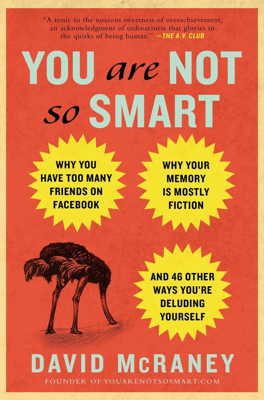Groupthink
Misconception vs. Truth
Misconception:
Problems are easier to solve when a group of people get together to discuss solutions.
Truth:
The desire to reach consensus and avoid confrontation hinders progress.
Group Dynamics and Decision Making
- When groups come together, they often summon psychological factors like conformity, rationalization, and delusions of grandeur.
- Harmony and team spirit are prioritized to maintain group productivity, which can result in poor decisions.
- Evolutionarily, avoiding dissent could have been beneficial, but in modern settings like workplaces, this leads to groupthink.
Groupthink Explained
- Groupthink occurs when individuals prioritize consensus over critical analysis to avoid conflict.
- This behavior can lead to catastrophic decisions, such as the Bay of Pigs invasion, the housing market collapse, and the Iraq invasion.
Conditions for Groupthink
- Requires:
- A group of people who like each other.
- Isolation from opposing viewpoints.
- A deadline for making a crucial decision.
Psychological Mechanisms
- Group members prioritize group cohesion over individual dissent.
- This results in:
- An illusion of invulnerability.
- Rationalization of poor ideas.
- Suppression of doubts and alternative viewpoints.
- False assumption of agreement by group leaders.
Avoiding Groupthink
- Neutral Leadership: Prevent leaders from expressing their opinions early to avoid undue influence.
- Pair Discussions: Periodically break into smaller groups to encourage manageable dissent.
- External Opinions: Incorporate outsider perspectives to maintain objectivity.
- Devil’s Advocate: Assign someone to critically evaluate the group's ideas.
- Cooling Off Period: Allow time for emotions to settle before finalizing decisions.
Practical Recommendations
- Groups that tolerate dissent and allow members to disagree without repercussions make better decisions.
- Being the "asshole" who questions and challenges the group can be beneficial for avoiding groupthink and reaching better outcomes.
